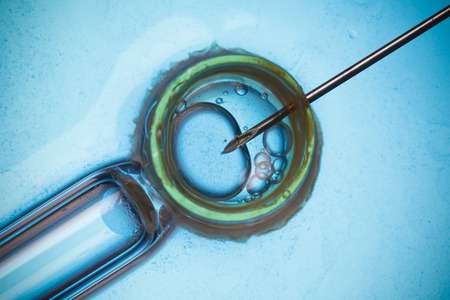Some couples find that conception takes longer than anticipated. If you haven't become pregnant after two years of trying, your doctor may suggest fertility testing to identify if your fertility or that of your partner is suboptimal. If this is the case, you may want to embark on fertility treatment. to assist conception. The most popular treatment is in vitro fertilization, or IVF. This involves taking fertility drugs to help you produce more eggs. The eggs are harvested and fertilized with your partner's sperm in a laboratory (hence the term "test-tube baby"), and you're given hormone treatment to prepare the uterus to receive the fertilized eggs. If the quality of sperm is poor, a procedure called intracytoplasmic sperm injection, or ICSI may be used, whereby a single sperm is injected directly into an egg and the fertilized egg is transferred to the uterus. Intrauterine insemination, or IUI, involves putting sperm that have been selected for viability directly into the uterus. This is used where sperm has poor motility, or there are problems with ovulation.
Assisting Conception
Some couples find that conception takes longer than anticipated. If you haven't become pregnant after two years of trying, you may want to embark on fertility treatment to assist conception.

Join the Family
Your partner in parenting from baby name inspiration to college planning.
Subscribe